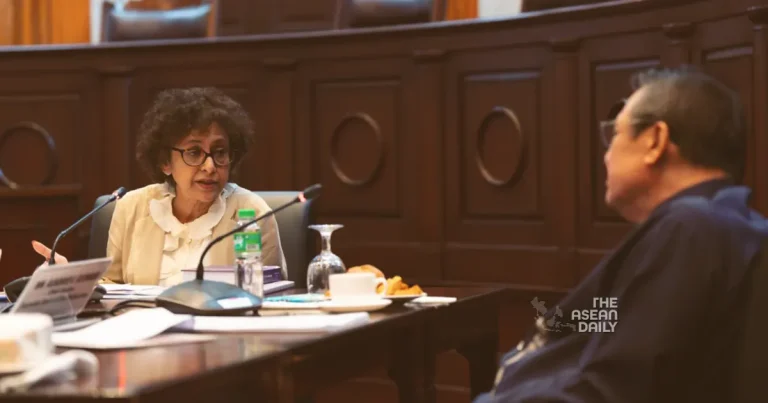2-2-2024 (MANILA) A United Nations expert has called on the Philippines to abolish an anti-communism task force that is accused of suppressing the freedom of expression of activists through the practice of “red-tagging.” Red-tagging involves accusing government critics of being rebel sympathizers as a means to silence, arrest, or harm them. Irene Khan, the UN Special Rapporteur on freedom of expression and opinion, made the recommendation during a news conference where she presented her findings after a two-week assessment of free speech and media rights in the country.
Khan stated that the existence of the anti-communism task force, which has been in operation for five decades, is outdated, especially considering the potential restart of peace talks. She noted that a previous UN special rapporteur who visited Manila last year had also recommended its abolition. The task force’s actions have been regarded as suppressing legal activism and freedom of expression. Jonathan Malaya, the spokesperson for the national security council, stated separately that there are legal remedies available for victims and that the government does not support the practice. He mentioned that the task force would transition to a different body due to the weakening communist insurgency.
During her assessment, Khan also highlighted the issue of journalist killings, describing them as the “most egregious form of censorship.” She expressed concern over the dangerous environment for journalists in the Philippines, stating that more needs to be done to tackle impunity. According to data from the United Nations Educational, Scientific and Cultural Organization (UNESCO), 81 cases of journalist killings remain unresolved without prosecution or investigation. Since the presidency of Ferdinand Marcos Jr in 2022, at least four journalists have been killed.
The Philippines is currently ranked 132nd out of 180 countries on the World Press Freedom Index, indicating significant challenges to press freedom in the country.




